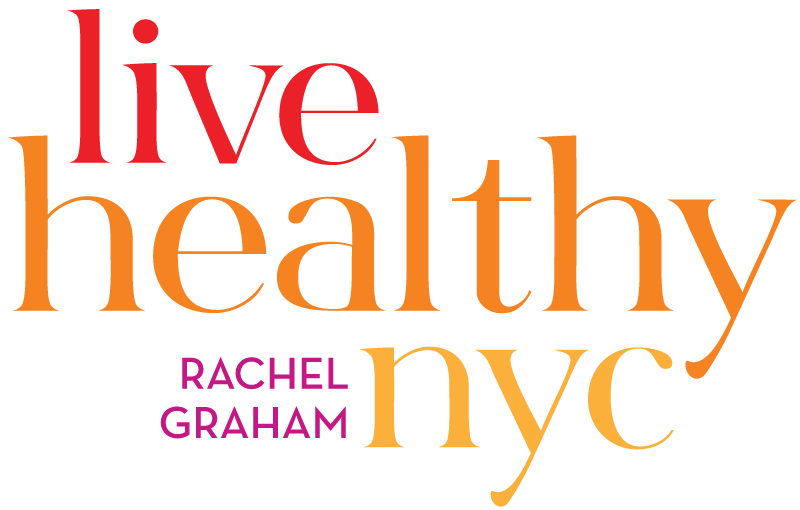Do you remember the first time you started exercising? I certainly do. It wasn’t back in elementary school, where I was always the last one picked for team sports (I was never much of an athlete—tall, awkward, and more of a nerd). It wasn’t when I first learned to ski (most of my childhood skiing days were spent bundled up in my brother’s mismatched hand-me-downs). And it definitely wasn’t during my stint on the high school basketball team (thanks to a “no-cut” policy, I mostly warmed the bench all season!).
My true introduction to exercise happened in my den, following along to Jane Fonda’s workout on a VHS tape. That’s where I established a routine that carried me through my late teens, college years, and right up to today (oh, how I wish I still had those pink and purple striped leg warmers!).
I can honestly say that I love exercising. I’ve never been tempted to skip a workout in favor of lounging on the couch or going shopping. Years ago, I stayed active right up until the day I went into labor with both of my kids. Even after spinal surgery, I was eager to get back to it.
I’m disciplined, but not obsessive.
I understand the importance of balance.
Just as I practice intuitive eating, I consider myself an “empowered exerciser.” I focus on well-being, strength, and joy, approaching fitness with an emphasis on the connection between the body and mind. I celebrate what my body can do rather than punishing it for perceived flaws. This is what I call “empowered exercise,” where physical activity is seen as a form of self-care, enhancing physical health, mental clarity, and emotional balance.
In contrast, “obsessive exercise” is marked by a compulsion to work out, often driven by anxiety, guilt, or a desire to conform to societal standards. It can become a rigid, all-consuming activity that is no longer about health but about control, often leading to negative physical and mental health outcomes.
For those aiming to embrace empowered exercise, it’s crucial to cultivate a mindset of self-compassion, allowing for flexibility and recognizing that physical activity should enhance, not detract from, the quality of life. When exercise is motivated by a genuine desire to feel good rather than a fear of not being good enough, it becomes a powerful tool for overall well-being.
As a licensed Clinical Behavioral Therapist and Intuitive Eating Counselor, I can help you integrate these practices into your life. If you're interested in working with me, feel free to reach out at rachel@livehealthynyc.com.

